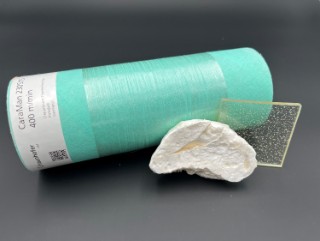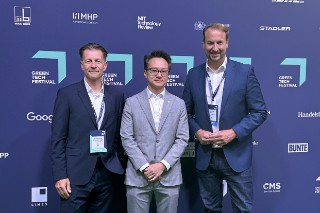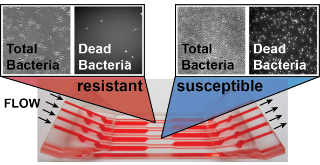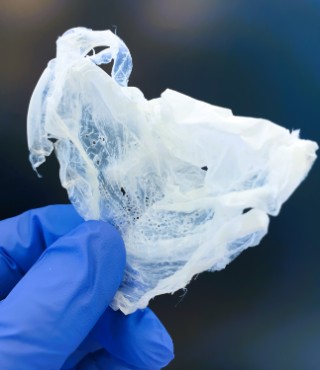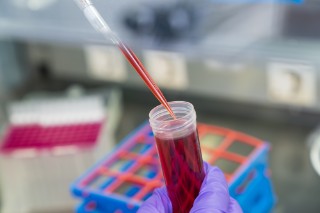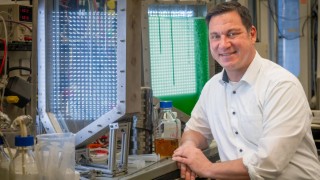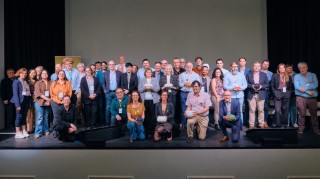Next-generation sequencing (NGS) for precision diagnostics / 2025
NGS-based diagnostics for identifying sepsis pathogens wins EARTO Innovation Award
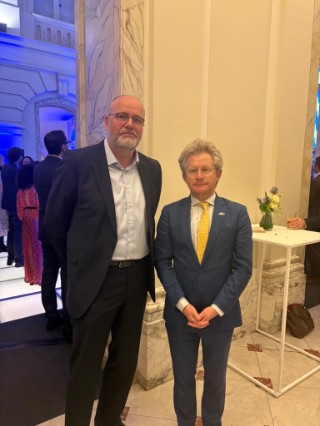
A method developed at the Fraunhofer Institute for Interfacial Engineering and Biotechnology IGB enables bacterial, viral, fungal, or parasitic pathogens in sepsis patients to be identified much faster than before and with the highest precision. The approach is based on high-throughput sequencing of cell-free DNA circulating in the blood and was honored with the EARTO Innovation Award in the "Impact Delivered" category on October 14, 2025, in Brussels. The diagnostic kit is already approved for the indication of sepsis and is available as an IVD-certified product in routine care.
more info Fraunhofer Institute for Interfacial Engineering and Biotechnology IGB
Fraunhofer Institute for Interfacial Engineering and Biotechnology IGB